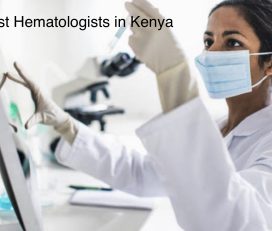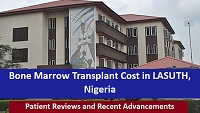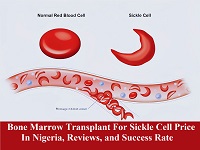
Max Hospital – Bone Marrow Transplant
Max Hospital is one of the best healthcare service providers in India; with world-class infrastructure and technologies, the hospital also has the best and most experienced surgeons to provide expert treatment. Max Hospital’s vision is to provide medical excellence at an affordable price. BMT in Max Hospital is a very popular treatment for cancerous and non-cancerous conditions; the BMT cost in Max Hospital is meager compared to any other hospital.
What is Bone Marrow Transplant?
Bone Marrow Transplant is the procedure to replace bone marrow stem cells with a matched, healthier bone marrow stem cell. The bone marrow transplant procedure is highly safe for the donor and is used to treat various conditions, both cancerous and non-cancerous. Moreover, after a successful bone marrow transplant, the patient can return to everyday life within 6 to 12 months.
Bone Marrow Transplant in Max Hospital
Max hospital is one of the top bone marrow transplant hospitals in Asia. The Bone marrow transplant doctors in Max hospital are well experienced and treat using advanced technologies. As a result, the Max hospital bone marrow transplant cost is very affordable for high-quality surgeries and treatments. Results of Bone marrow transplant in Max hospital are very successful, as the surgeons pay close attention to even the smallest details and choose the best course of care, resulting in the best outcomes.




